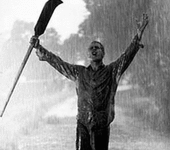All-In [30137]
TigerPulse: 100%
Posts: 8928
Joined: 10/31/10
|
Religious Pron: 7D of ?

1
May 15, 2024, 1:38 AM
|
|
 


Last time, I made the case that Zechariah chapters 9-11 were written in the context of King Hezekiah’s reign and time. Back when Egypt and Assyria were kings of the hill. This time, I’ll wrap that idea up and tie it all back to the End Time stuff.
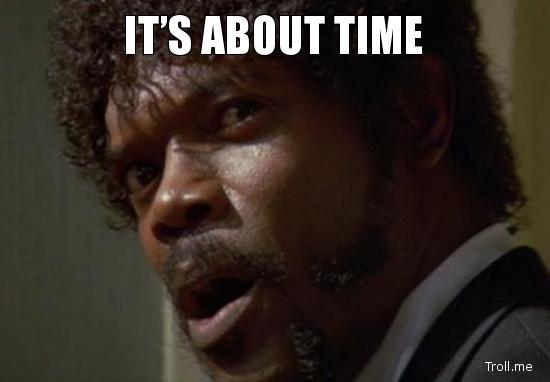
Zechariah chapter 12 starts a second prophecy about 20 years after chapters 9-11. And it’s all about Judah and Jerusalem.

Jerusalem was besieged a few times in history, but there were three big ones. The first was by Assyria in 701 BCE, and Jerusalem survived. The second siege, about 100 years later by Babylon, led to the Exiles. And the third siege, 500+ years later by the Romans, led to the diaspora of the Jews for 2000 years.
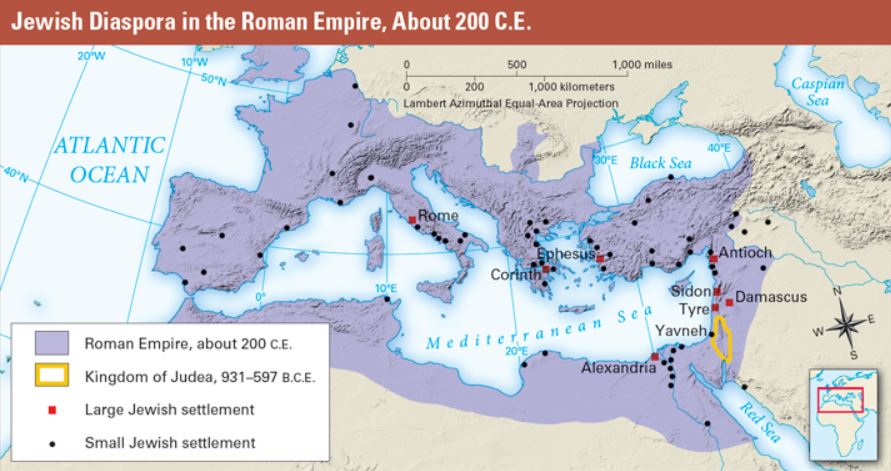
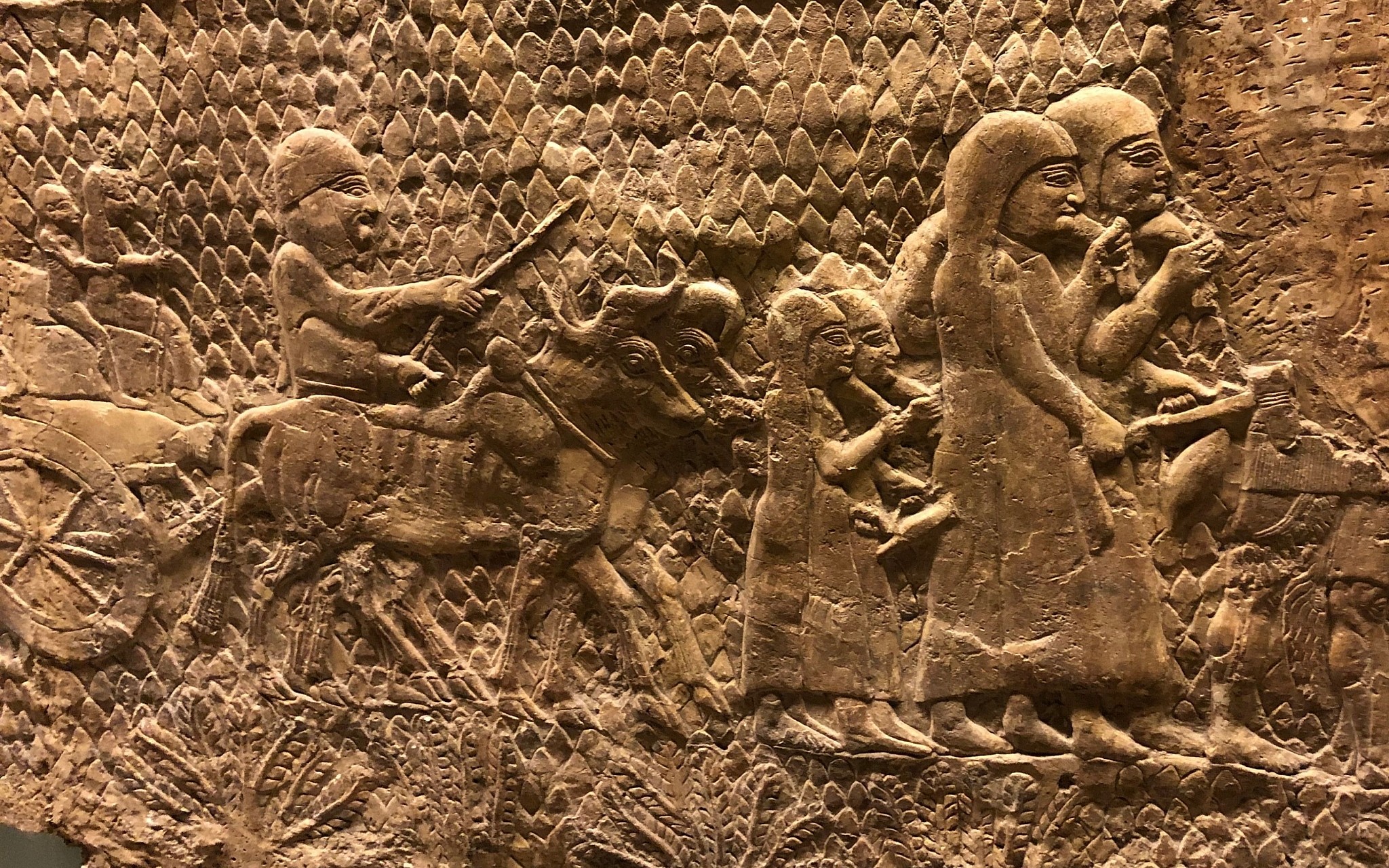

What’s important for this post is that the victor during that first siege by Assyria and her allies was King Hezekiah. Consider Zechariah 12:3
“On that day, when all the nations of the earth are gathered against her, I will make Jerusalem an immovable rock for all the nations.”
The walls of Jerusalem stood strong in that siege.

Zechariah 12-14 only speaks of Judah and Jerusalem, because that’s all that was left of the Jewish nation in Hezekiah’s time. Israel and the 10 Tribes were 20-years gone by 701 BCE. And there’s another interesting wrinkle in the verses.
If you’ll remember, among all his other accomplishments, King Hezekiah reformed the Temple after his dad Ahaz turned it and the nation over to Assyrian idols.
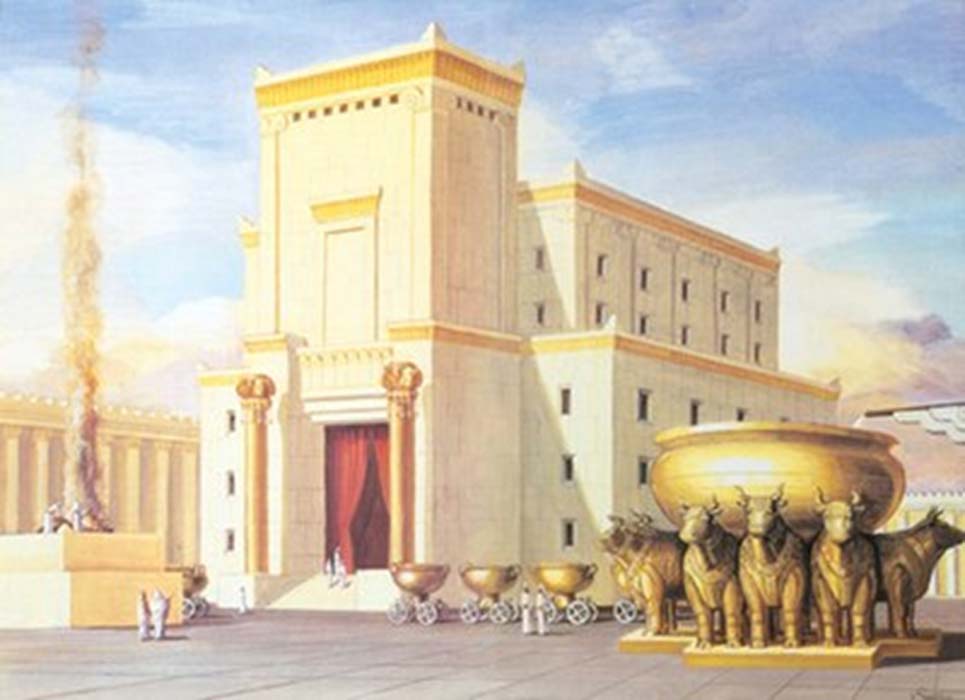
There seems to be an undercurrent of tension between Jerusalem and Temple against the rest of the nation of Judah, who might have still been idol worshippers. Sort of a Washington DC versus rural America feel. Here’s Zechariah 12:5
“Then the clans of Judah will say in their hearts, ‘The people of Jerusalem are strong, because the Lord Almighty is their God.” [implying that the Lord Almighty is not God of idol-worshiping Judah]
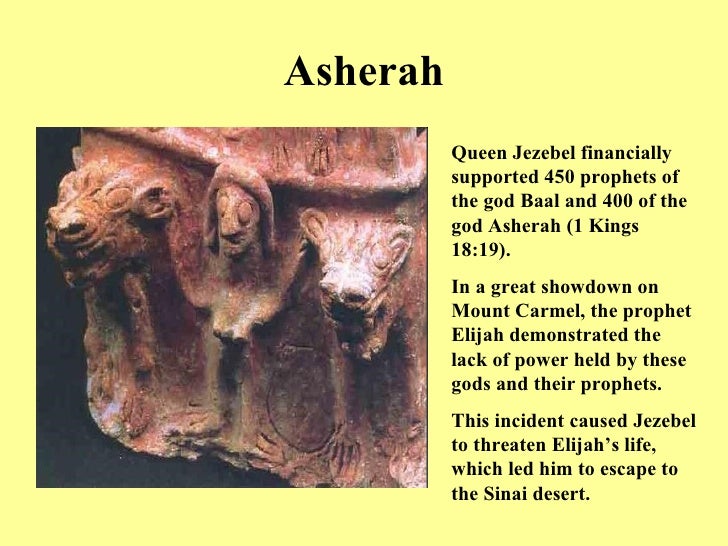
There seems to be a real attempt by the powers-that-be in Zechariah 12 to pull the whole nation together again, and to not to be too haughty about it. Particularly since they were at war with each other 30 years before. Think about America in 1913. Former enemies have a reunion.
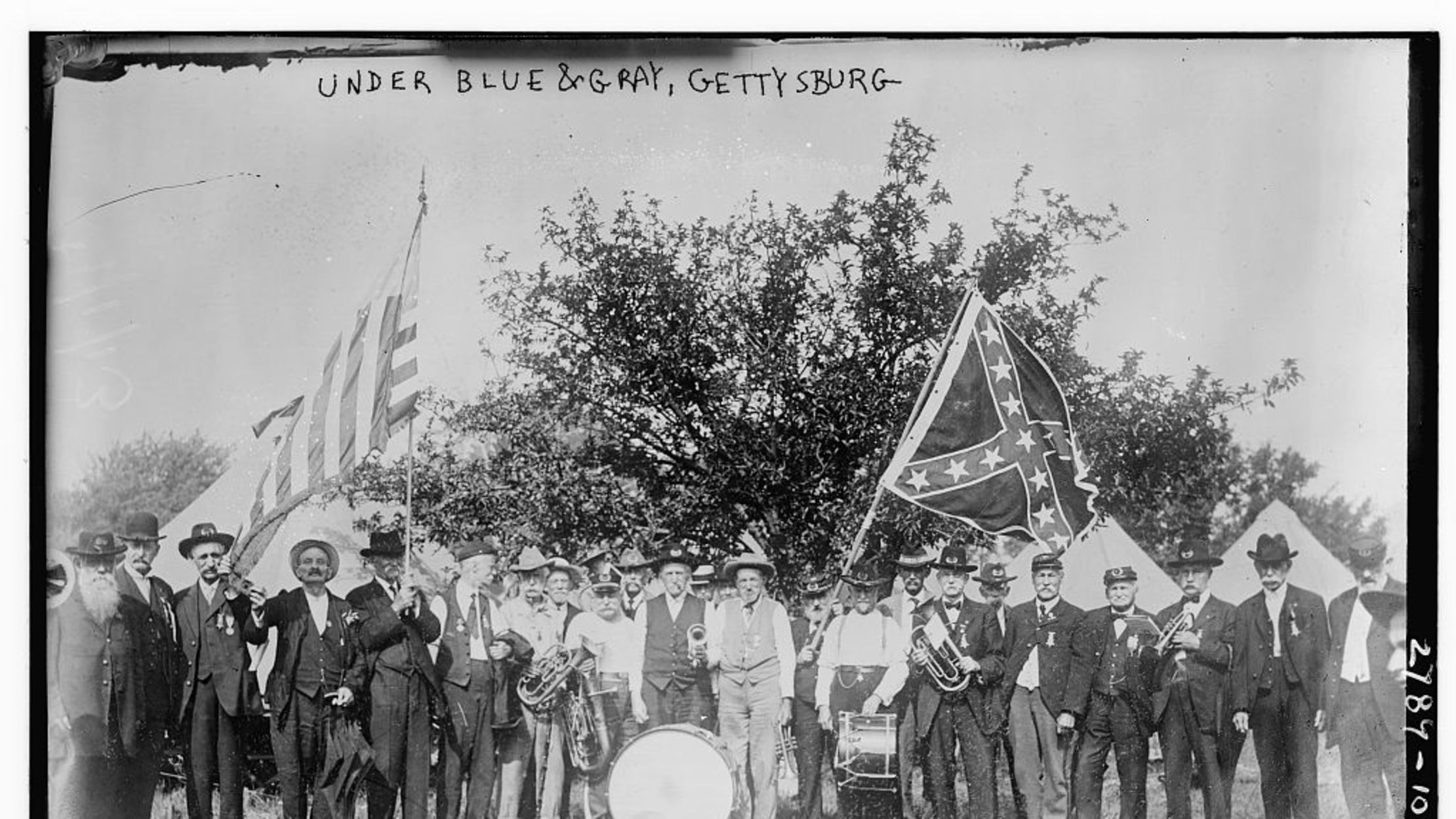
Here’s the Jewish version of reconciliation:
12:7 “The Lord will save the dwellings of Judah first, so that the honor of the house of David and of Jerusalem’s inhabitants may not be greater than that of Judah.”
The gym of David, in the House of David

The next section of Zechariah chapter 12 contains another famous Christian interpretation regarding Jesus – “Mourning for the One they Pierced.”

Chapter 12 is frustratingly devoid of details, so it’s impossible to declare anything with certainty. But the overall context of the surrounding chapters seems to be about Hezekiah’s time. So I’m going to offer an alternative view in that same context.

The Bible tells us that Hezekiah fell deathly ill about the time of the 701 BCE Assyrian siege. God gave him a son, Immanuel, saved Jerusalem, and granted Hezekiah 15 more years of life. But we don’t know how sick he was those last 15 years after his illness.

My feeling is that the mourning could be about Hezekiah. And maybe not just about his death, but also about his lingering illness. The Bible says he had boils. Untreated, they can become infected, severe, and deadly.
 
And one way to treat them, aside from a poultice of figs, is to lance, or pierce them.

Who else would be mourned in 701 BCE but the beloved, sick king who saved Jerusalem from Assyria? It’s speculative to be sure, but I’ll toss in three more points to shore the idea up.

The first point is verses 12 and 13. Look closely at who, exactly, is doing the mourning. From Zechariah 12:12
“The land will mourn, each clan by itself, with their wives by themselves:
the clan of the house of David [the Davidic royalty line] and their wives,
the clan of the house of Nathan [David’s Prophet line] and their wives,
the clan of the house of Levi [the Temple Priests] and their wives,
the clan of Shimei and their wives, [the Temple maintainers and functionaries]”
So the people who are doing the mourning for the unnamed pierced one, primarily, are the king’s family and those who benefited most from Hezikiah’s reforms. Namely, the Temple keepers and good prophets he put back in power after booting the idolaters.

The second point is in chapter 13. It’s Hezekiah’s signature construction project; his tunnel and the Pool of Siloam. Reference Zechariah 13:13
“On that day a fountain will be opened to the house of David and the inhabitants of Jerusalem, to cleanse them from sin and impurity.”
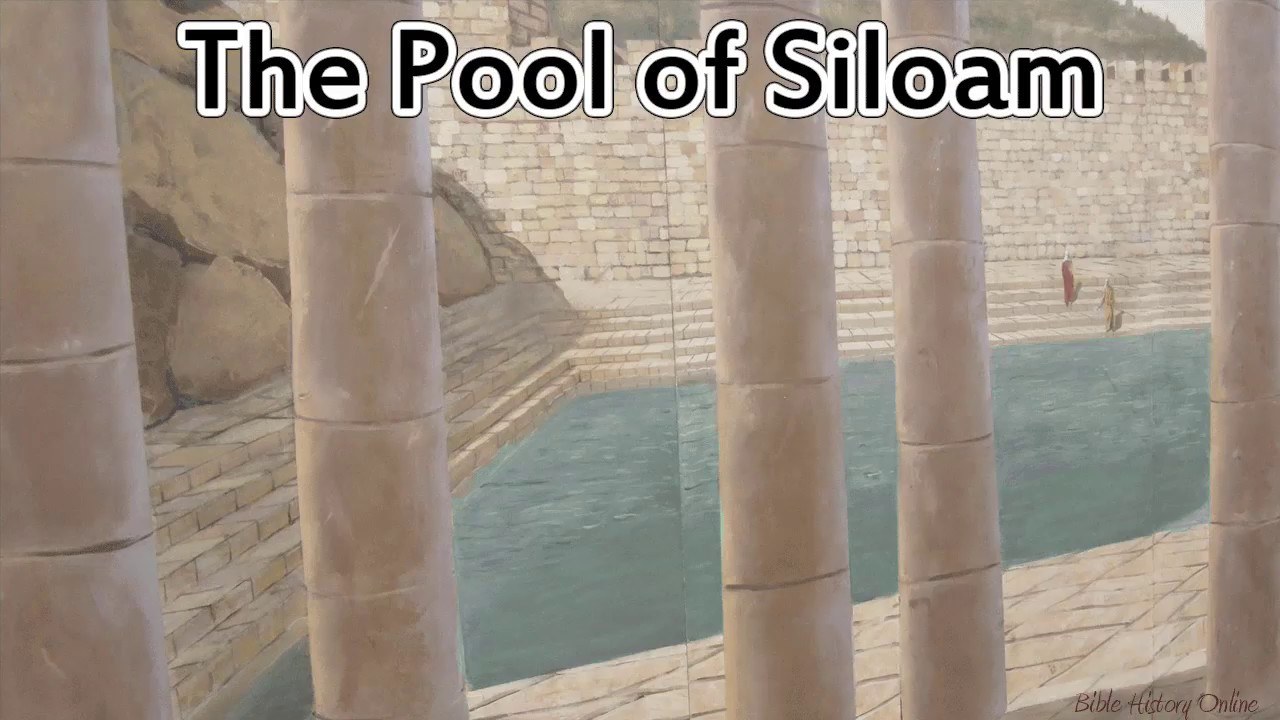
And finally, at the end of chapter 13, the “one who is pierced” dies. About the same time King Hezekiah dies.
13:7 “Awake, sword, against my shepherd, against the man who is close to me!” declares the Lord Almighty.

So that’s one idea of what those chapters might mean. But ultimately it’s still an unsolved, cryptic mystery. As I mentioned in the previous post, one reason for writing cryptically is to protect your life with anonymity. We’ll revisit that idea in Revelation.
That’s because angry kings can be bad for your health. And good King Hezekiah had bad kings on either side of him; his idolater dad Ahaz, and his idolater son Manasseh. The bums. So if one were writing either before or after Hezekiah, one had to be very cautious indeed.

And all that brings us up to chapter 14, and the end of this long tangent. Because now we get Zechariah’s view of the distant future, the End Time. And I think it might be from yet a third time frame, closer to the Babylonian Exile of 586 BCE.
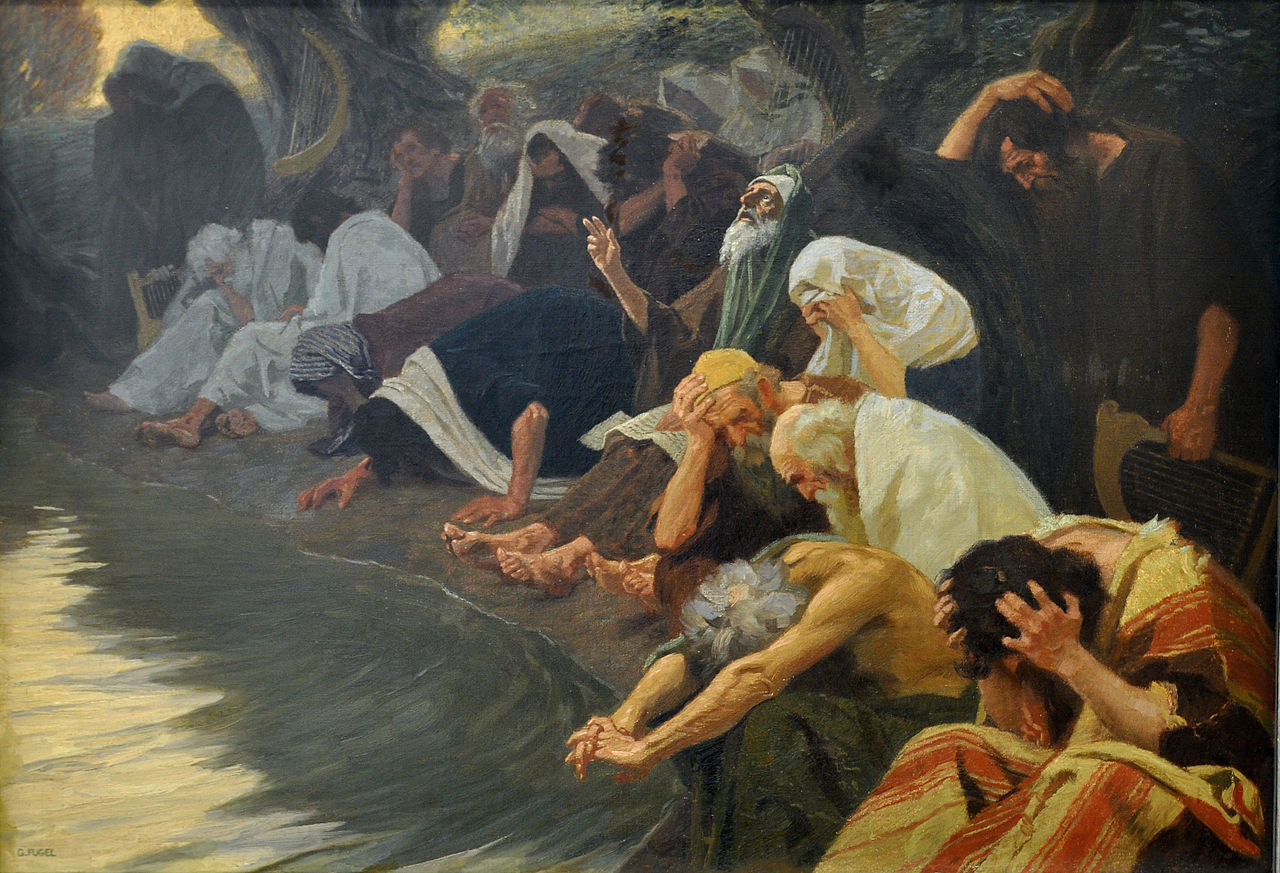
Whoever wrote Zechariah might have been a great visionary, seeing 100+ years into the future. Or, they might have just been a very perceptive person living in 587 BCE, the year before Babylon destroyed Jerusalem and the Temple. But either way, the prediction in Zechariah 14 fits that event like a glove.
14:2 “I will gather all the nations to Jerusalem to fight against it; the city will be captured, the houses ransacked, and the women raped. Half of the city will go into exile, but the rest of the people will not be taken from the city.”

That’s a pretty spot-on description of the Babylonian Exile. And later in some pretty vivid imagery, God comes to the rescue, personally.
14:4 “On that day his [God’s] feet will stand on the Mount of Olives…”

Zechariah follows up with some pretty standard End Time stuff we’ve seen many times now:
14:7 “It will be a unique day, a day known only to the Lord, with no distinction between day and night.”
14:9 “On that day there will be one Lord, and his name the only name.”
But then he goes off the reservation with some unusual predictions. New Jerusalem isn’t going to come down from Heaven, as it often does in End Time predictions, but instead it will rise up from the earth.
14:11 “…Jerusalem will be raised up…and will remain in its place.”

And rather than the elaborate End Time sequence presented in Revelation, a simple plague will kill all the baddies on earth.
14:12 “Their flesh will rot while they are still standing on their feet, their eyes will rot in their sockets, and their tongues will rot in their mouths.”
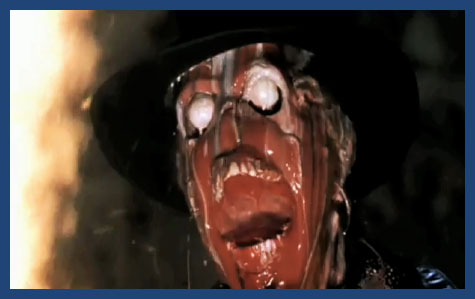
And finally, the whole world will celebrate the Jewish Autumn harvest festival, for eternity.
14:16 “Then the survivors from all the nations that have attacked Jerusalem will go up year-after-year to worship the King, the Lord Almighty, and to celebrate the Festival of Tabernacles.”
Who doesn’t like fresh vegetables? Think of The End of the world as an eternal Farmer’s Market. Yum!
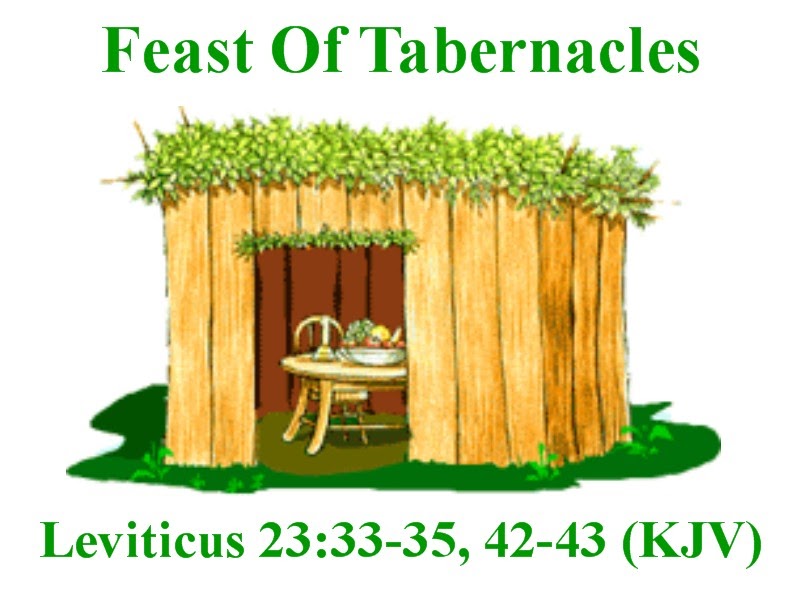

So that’s kind of different. But as I’ve mentioned in earlier posts, not every End Time vision made into John’s Revelation. Let’s add Zechariah’s contributions to the list.
Cumulative End Times List
850 BCE Obadiah: 1) Everybody loves Jerusalem and Yahweh
740 BCE Amos: 2) Israel gets a permanent home
700 BCE Micah: 3) The Temple is center of world worship and the 10 Tribes return,
630 BCE Zephaniah: 4) The entire world is destroyed with fire by God, but a remnant remains
600 BCE Isaiah-I: 5) 6-Winged Seraphim, God’s throne and train, and a protective canopy over Jerusalem
570 BCE Ezekiel: 6) Multi-faced creatures, eating scrolls, marks on the flesh, 25 Elders, and hellish pits
500 BCE Zechariah-I 7) 4 colored horses, lampstands, olive trees, 7-eyed rocks
430 BCE Malachi: 8) Elijah precedes The End
300 BCE Joel: 9) a Mighty Army and a Trial of Nations precedes The End
Zechariah-II 10) Jerusalem rises up, plague kills the world, and we all celebrate Jewish Festivals.

Ok, so we won’t include Zechariah’s outlier prophecies in our Revelation list. But it was worth a shot. Anyway, next time it’s Persian occupied Babylon and Daniel, dens, and hot furnaces! It’ll be our last stop before Revelation itself.

Till then, hot Persian Jeannies.


 
|
|



 to award
the award.
to award
the award.






































